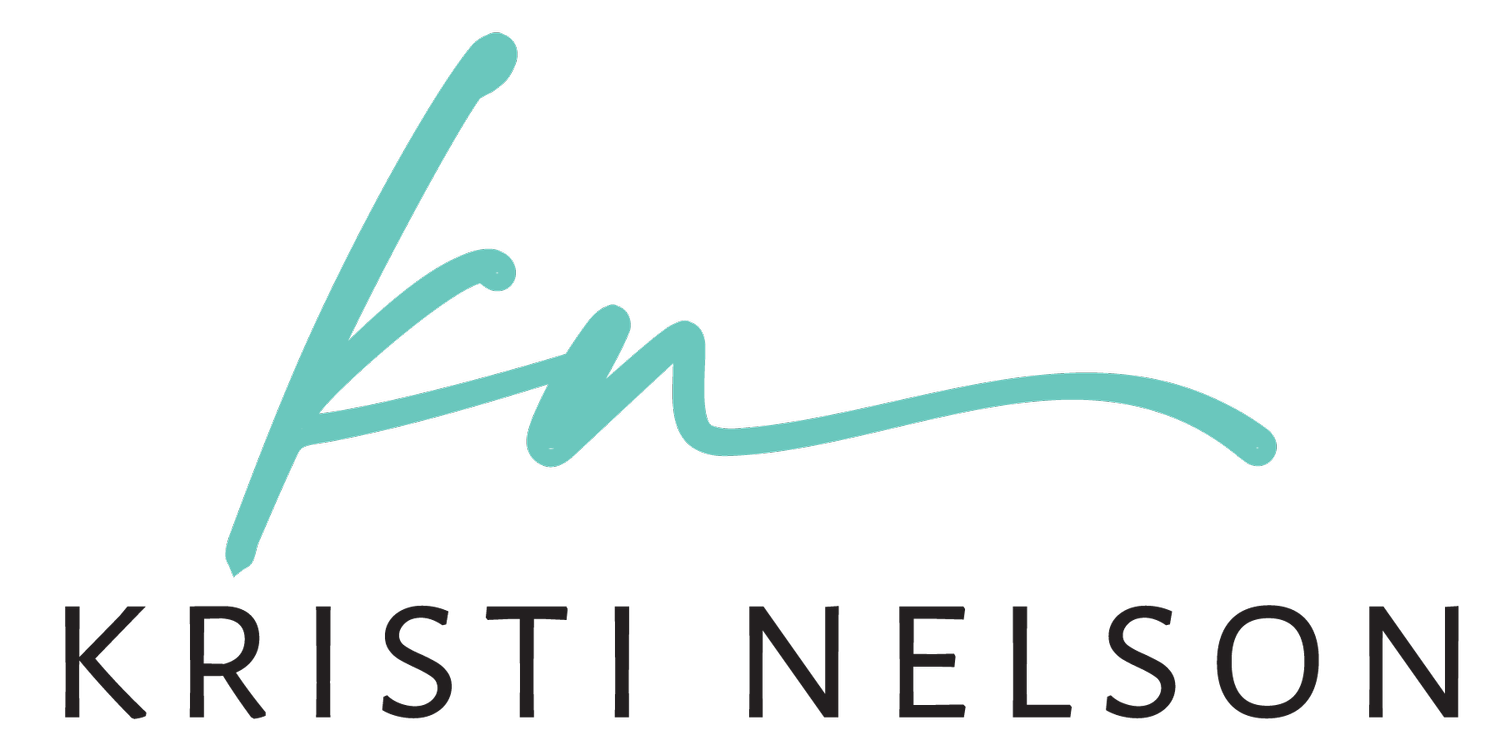Navigating Climate Risks as a Homebuyer on Bainbridge Island: Tips and Strategies for a Sustainable Investment
The increasing effects of natural disasters are leading to new obstacles in residential real estate. As a recent article from CoreLogic explains:
“As the specter of climate change looms large, the world braces for unprecedented challenges. In the world of real estate, one of those challenges will be the effects of natural catastrophes on property portfolios, homeowners, and communities.”
That may be why, according to Zillow, more and more Americans now consider how climate risks and natural disasters can impact their homeownership plans (see below):
This study goes on to explain that climate risks affect where many people look for a home. That’s because homebuyers are interested in finding out if the house they want will be exposed to things like floods, extreme heat, and wildfires.
If you’re in the same situation and are thinking about what to do next, here’s some important information to consider as you start looking for a home.
Expert Advice for Homebuyers to Reduce Climate Risks on Bainbridge Island
The first thing to do is understand how to go about buying a home while thinking about climate risks. With the right help and resources, you can simplify the process.
The Mortgage Reports provides these tips for buying your next home:
Evaluate Climate Risks: Start by researching the specific climate risks on Bainbridge Island. Consider factors like the island's vulnerability to floods, extreme heat, and wildfires. Utilize resources such as FEMA's website to check if your chosen property is in a flood-prone area. Additionally, review the seller's property disclosure for any past damage related to climate events. A professional home inspection can help identify issues like cracks and mold, ensuring your investment is safe.
Plan for Preventative Maintenance: Depending on your location, you may need to invest in preventative measures to protect your home from climate risks. In areas susceptible to tropical storms, consider purchasing hurricane shutters and sandbags. For wildfire-prone areas, explore options like clearing plants five feet from your house, installing rooftop sprinklers, or purchasing gutter guards to mitigate fire hazards. Factor in these potential expenses when touring homes that may require such protective measures.
Secure Adequate Insurance: Homeowners' insurance is essential, especially in high-risk climate areas. It's crucial to shop around and consult multiple insurance agents to compare prices and coverage options. Ensure your insurance policy adequately addresses the specific climate risks associated with your chosen location, providing you with peace of mind.
Work with a Trusted Real Estate Expert: Your most valuable resource during the home-buying process is a knowledgeable and trustworthy real estate expert familiar with the Bainbridge Island market. They will prioritize your goals while addressing your concerns about climate risks. While they may not have all the answers regarding disaster preparedness, they can connect you with the right experts and information to make informed decisions.
Bottom Line
Your home is a significant investment, and taking precautions to safeguard it against natural disasters is a wise decision. If you need guidance or have questions about buying a home on Bainbridge Island, don't hesitate to reach out to a qualified real estate professional who can assist you in finding your ideal property.



